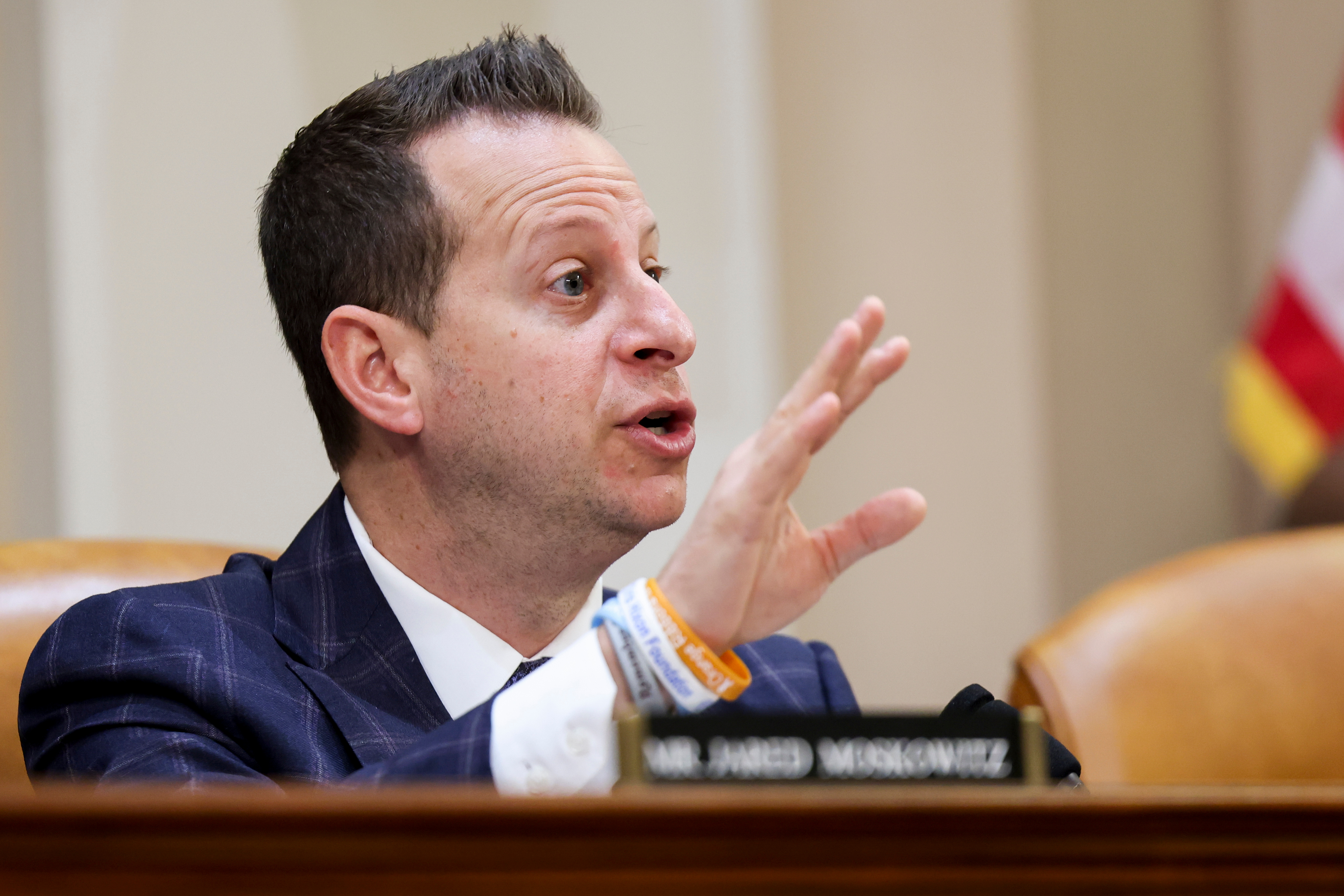May is Mental Health Awareness Month and NBC 6 is looking into ways to help deal with some of the stresses in our everyday lives.
Research has found the pandemic has taken a toll on us and as many head back to working at the office, NBC 6 talked to the National Alliance on Mental Health about how to best transition to a new normal way of life.
“Before the pandemic, one in five people had mental health condition,” says Susan Racher, who serves as the volunteer President of the National Alliance on Mental Illness in Miami-Dade County. “Now, it's more than one in two.”
The numbers show it’s clear that the pandemic has had an effect on our mental health.
The Hurricane season is on. Our meteorologists are ready. Sign up for the NBC 6 Weather newsletter to get the latest forecast in your inbox.
“It’s had a very profound effect among young adults,” said Racher. “Young adults being ages 30 to 45, it’s actually effecting 64 percent. So, it’s had a very profound effect. And of course, for folks with existing mental health conditions it’s been very triggering.”
Racher says there are red flags people need to look out for.
“If there is sleeplessness, changes in eating habits, substance uses like alcohol or other terrific anxiety and issues that are interfering with daily function over a prolonged period of time,” says Racher.
Local
Many people will start to head back to the office after working from home for more than a year. The transition might not be easy for some.
“I would encourage folks to start structuring their day to pay more attention to self-care, nutrition, exercise, hydration, to be mindful, take walks and start to structure their day as if they are going to work,” Racher recommends.
She says employers can play a role in helping their employees cope with the transition too.
“I think it’s important to reach out to your employer and understand what the expectations of you will be,” says Racher. “From employers, I think we need to give ourselves a little bit of flexibility.”
Racher says mental illness is not something to be ashamed of and to understand more than 51 million adults in the United States live with it every day.
“You’re not alone,” says Racher. “I think that’s the most important message. You’re not alone. You may think you are because people don’t talk about it as openly like other issues. But you’re not alone.”
Racher says important to talk to a friend or family member about our mental health as it’s something that health professionals encourage.
If you or someone you know is showing signs of severe mental health issues, you can reach out to the National Alliance on Mental Health - where they offer free assistance and callers can even remain anonymous - at 1-800-273-TALK.



